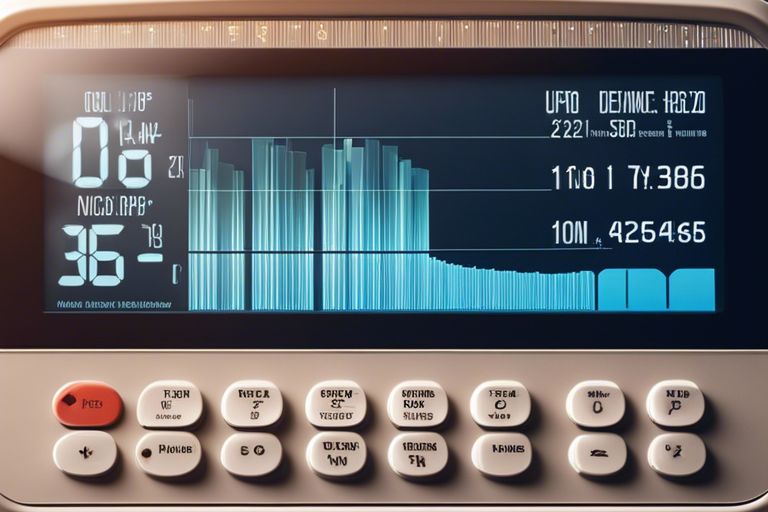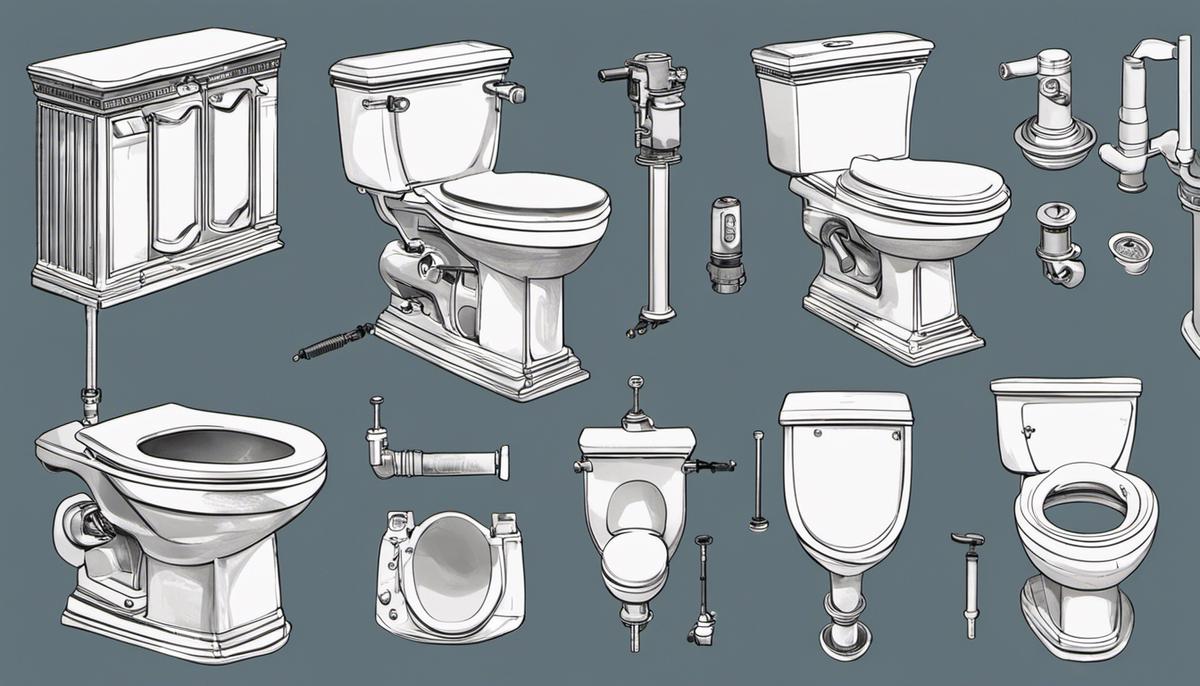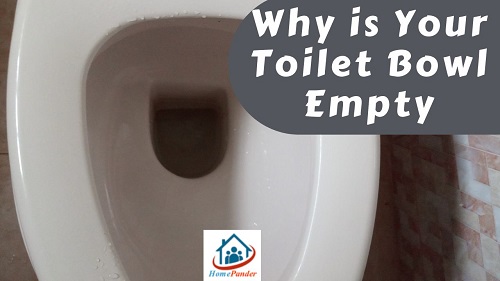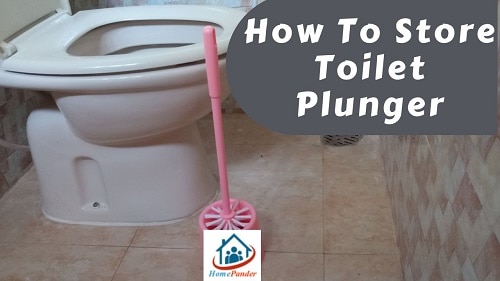Have you ever wondered how much money you could save by switching to a tankless water heater? With our tankless water heater savings calculator, you can easily estimate the potential savings on your energy bills.
Tankless water heaters, also known as on-demand water heaters, are a cost-effective and efficient alternative to traditional water heaters.
By inputting a few simple details about your household’s hot water usage, our calculator will provide you with an estimate of your potential annual savings.
Say goodbye to wasteful energy consumption and hello to lower utility bills with a tankless water heater.
The Tankless Water Heater Savings Calculator is an online tool that calculates the potential energy and cost savings of switching from a traditional hot water tank to a tankless water heater
The Basics of Tankless Water Heater Savings
If you are considering upgrading your home’s water heating system, it is important to understand the potential savings that a tankless water heater can offer.
Unlike traditional tank water heaters, which constantly heat and reheat water to maintain a set temperature, tankless water heaters only heat water when it is needed.
This can lead to significant energy and cost savings over time.
Energy Efficiency Factors
Water heating accounts for a large portion of a home’s energy usage, making it an important area for potential savings.
Tankless water heaters are significantly more energy efficient than their traditional counterparts, as they do not have to constantly maintain a tank of hot water.
This can lead to lower energy bills and reduced environmental impact. Additionally, tankless water heaters often have a longer lifespan than traditional tank models, reducing the need for frequent replacements and further contributing to energy and cost savings.
- On-demand heating
- Reduced standby heat loss
- Longer lifespan
This improved energy efficiency can result in substantial long-term savings, making tankless water heaters a wise investment for homeowners looking to reduce their energy consumption and utility costs.
Operational Cost Benefits
Efficiency is a key factor in the operational cost benefits of tankless water heaters. Because they only heat water as needed, tankless models can result in lower monthly utility bills compared to traditional tank water heaters.
In addition, the reduced energy usage can lead to a longer lifespan for the unit, reducing maintenance and replacement costs over time.
Energy and cost savings, reduced environmental impact, and longer lifespan are just a few of the benefits that tankless water heaters offer in terms of operational costs. By considering these factors, homeowners can make an informed decision about the potential savings that can be achieved by upgrading to a tankless water heater.
How to Use the Tankless Water Heater Savings Calculator
Clearly, the Tankless Water Heater Savings Calculator is a powerful tool that can help you estimate the potential cost savings of switching to a tankless water heater.
With just a few simple inputs, you can get a clear picture of how much money you could save over time.
Inputting Initial Costs and Installation Fees
Installation costs and initial expenses are crucial factors to consider when calculating potential savings with a tankless water heater.
By inputting the cost of the unit, installation fees, and any additional expenses, the calculator can provide a comprehensive analysis of the potential financial benefits of switching to a tankless water heater.
Installation of a tankless water heater may require professional help, which could add to the initial costs. It’s important to accurately input these figures to ensure the accuracy of the savings calculator.
Estimating Usage and Energy Prices
On the other hand, estimating usage and energy prices is also vital when using the Tankless Water Heater Savings Calculator. By inputting your average monthly hot water usage and the current energy prices, the calculator can provide a detailed breakdown of potential savings. It’s important to consider the number of occupants in the household, frequency of hot water usage, and the cost of utilities.
Tankless water heaters are known for their energy efficiency, which can lead to significant savings on monthly utility bills. By accurately inputting usage and energy prices, you can get a better understanding of the long-term financial benefits of switching to a tankless water heater.
Interpreting the Results
For those considering investing in tankless water heaters, it’s important to understand how to interpret the results of the savings calculator. This will help you make an informed decision about whether to make the switch to tankless water heaters or stick with traditional ones.
Analyzing Payback Period
An important aspect of interpreting the results is analyzing the payback period. The payback period is the amount of time it will take for the savings from the tankless water heater to equal the upfront cost of installation. A shorter payback period means that the investment in tankless water heaters will pay off sooner, making it a more financially sound decision.
Projecting Long-Term Savings
On top of the payback period, it’s crucial to consider the long-term savings projected by the calculator. This gives a clearer picture of the overall financial benefits of switching to tankless water heaters. By projecting long-term savings, you can see how much money you’ll save over the lifetime of the tankless water heaters, making it easier to weigh the upfront costs against the long-term benefits.
This analysis is essential in making an informed decision about whether the switch to tankless water heaters makes sense for your household. By considering both the payback period and long-term savings, you can determine the financial impact of this investment on your household budget, energy consumption, and environmental footprint.
Additional Considerations
Your decision to invest in tankless water heaters can lead to significant savings over time, but it’s important to consider a few additional factors before making the switch. From maintenance and longevity to environmental impact, there are some key considerations to keep in mind when evaluating the overall benefits of tankless water heaters.
Maintenance and Longevity
The maintenance of tankless water heaters is relatively low compared to traditional water heaters. Tankless units require periodic flushing to remove mineral build-up, but they typically have a longer lifespan than tank-style heaters. With proper maintenance, tankless water heaters can last up to 20 years or more, providing you with consistent energy savings over an extended period of time.
Environmental Impact
With growing concerns about environmental sustainability, it’s essential to consider the impact of your water heating system on the environment. Tankless water heaters are more energy-efficient than traditional tank-style heaters, resulting in reduced carbon emissions and lower energy consumption. Plus, their longer lifespan means fewer units end up in landfills, making them a more eco-friendly choice in the long run.
Longevity is key when it comes to reducing environmental impact, and tankless water heaters offer a durable and sustainable solution for your home’s hot water needs.
Tankless Water Heater Savings Calculator
Taking this into account, it is evident that the Tankless Water Heater Savings Calculator is a valuable tool for homeowners looking to make informed decisions about their heating options.
By inputting specific details about their current system and usage patterns, users can gain a clear understanding of the potential cost savings and environmental benefits associated with switching to a tankless water heater.
This calculator empowers individuals to make a well-informed decision that aligns with their budget and sustainability goals.
With the ability to estimate long-term savings, energy efficiency, and carbon footprint reduction, the Tankless Water Heater Savings Calculator provides homeowners with the information they need to make a smart investment in their home’s heating system.
Tankless Water Heater Savings Calculator FAQ
Q: What is a tankless water heater savings calculator?
A: A tankless water heater savings calculator is a tool that helps homeowners estimate the potential energy and cost savings from switching to a tankless water heater compared to a traditional tank water heater.
Q: How does the calculator work?
A: The calculator takes into account factors such as the size of the home, the number of occupants, the local utility rates, and the current water heating system to provide an estimate of the potential savings from switching to a tankless water heater.
Q: What are the benefits of using a tankless water heater?
A: Tankless water heaters are more energy-efficient than traditional tank water heaters, as they only heat water when it is needed. This can lead to significant cost savings on energy bills over time. Additionally, tankless water heaters have a longer lifespan and take up less space compared to traditional tank water heaters.
Q: Are the savings estimates provided by the calculator accurate?
A: The savings estimates provided by the calculator are based on average usage patterns and local utility rates. While the actual savings may vary depending on individual usage habits and other factors, the calculator provides a good estimate of the potential savings from switching to a tankless water heater.
Q: How can I use the calculator to make an informed decision about switching to a tankless water heater?
A: By inputting accurate information about your home and current water heating system into the calculator, you can get a better understanding of the potential cost savings and energy efficiency benefits of switching to a tankless water heater. This can help you make an informed decision about whether a tankless water heater is the right choice for your home.






![How To Clean Dark Grout That Has Turned White [5 Easy Ways]](https://homepander.com/wp-content/uploads/2021/12/How-To-Clean-Dark-Grout-That-Has-Turned-White.webp)

![How to Remove Crystallized Urine [Explained]](https://homepander.com/wp-content/uploads/2022/02/How-To-Remove-Crystallized-Urine.jpg)



